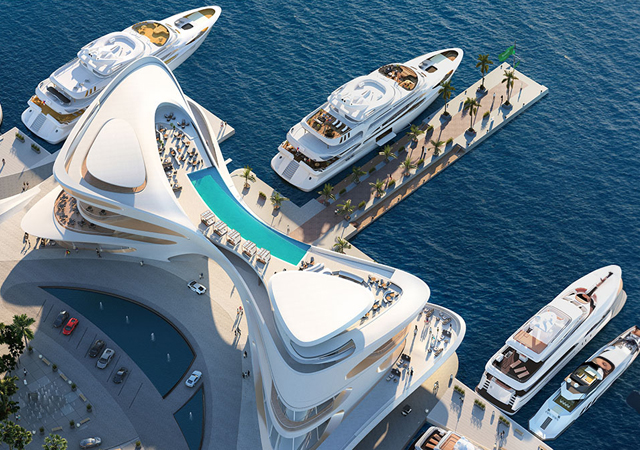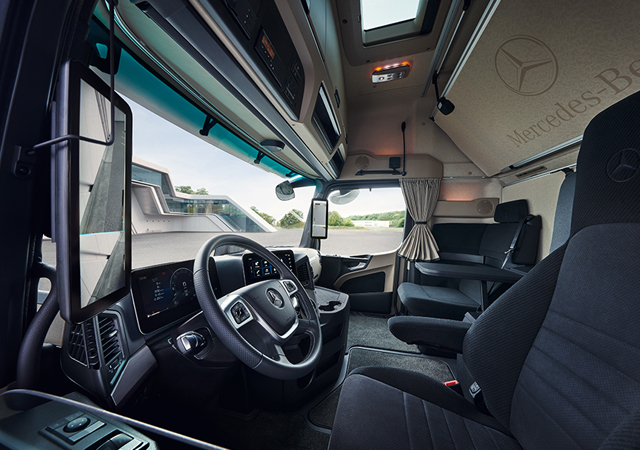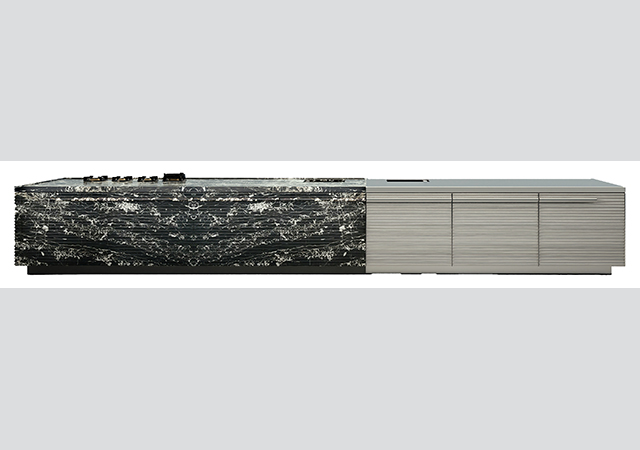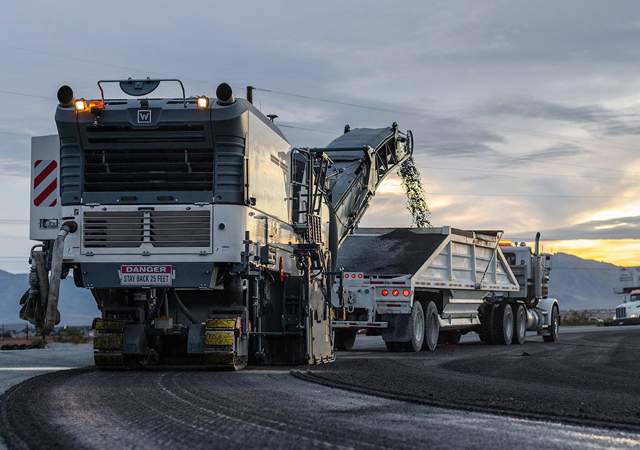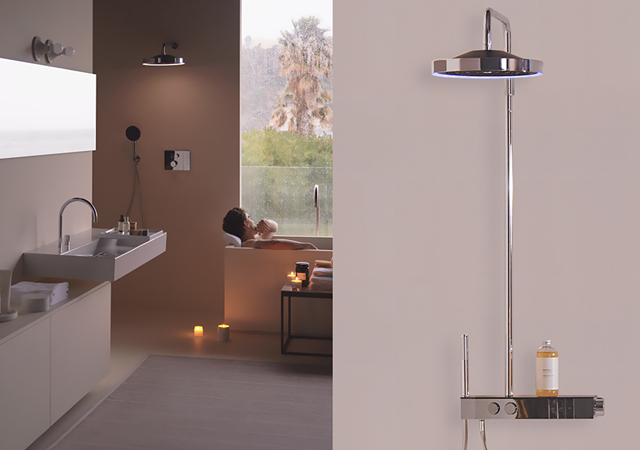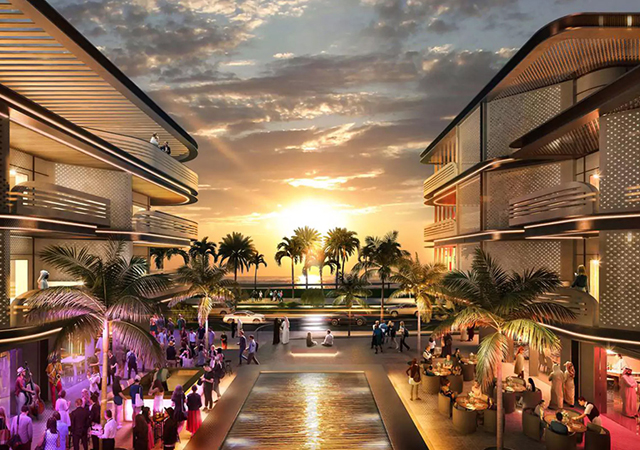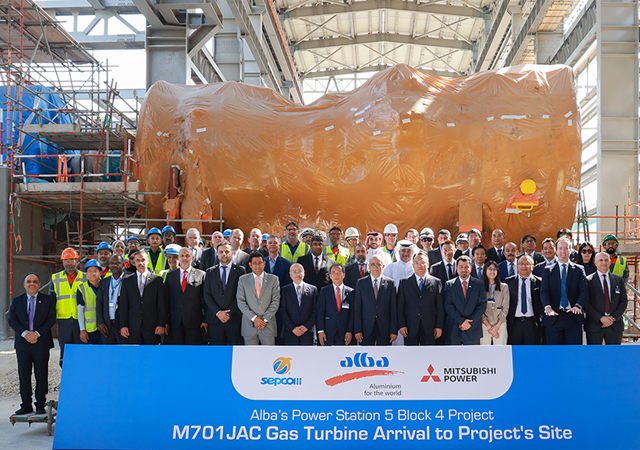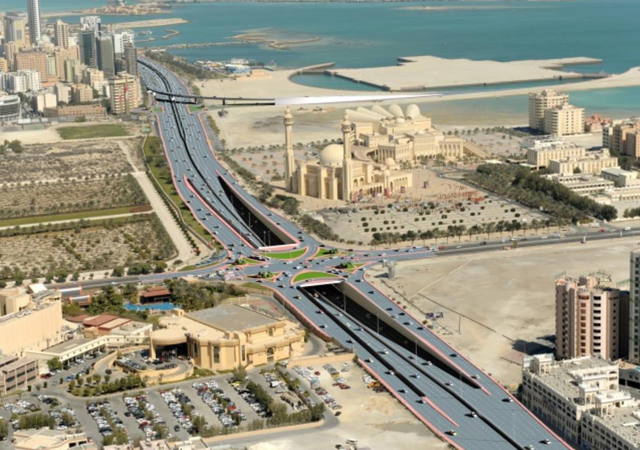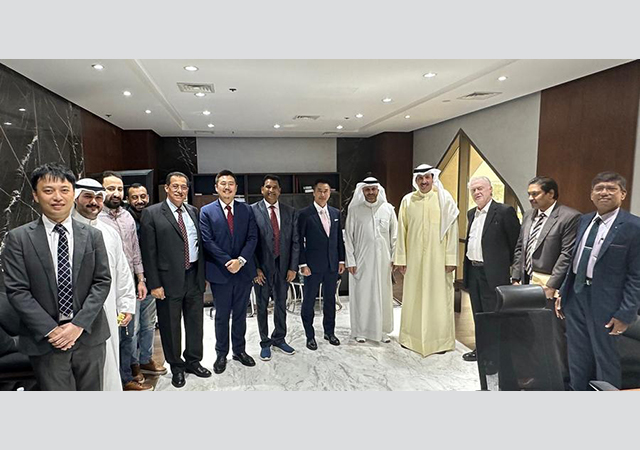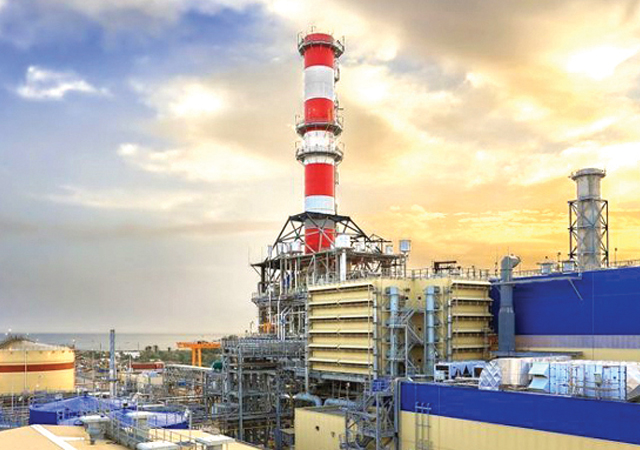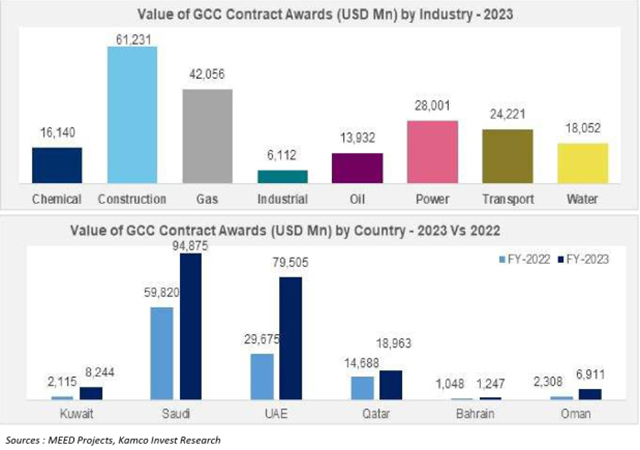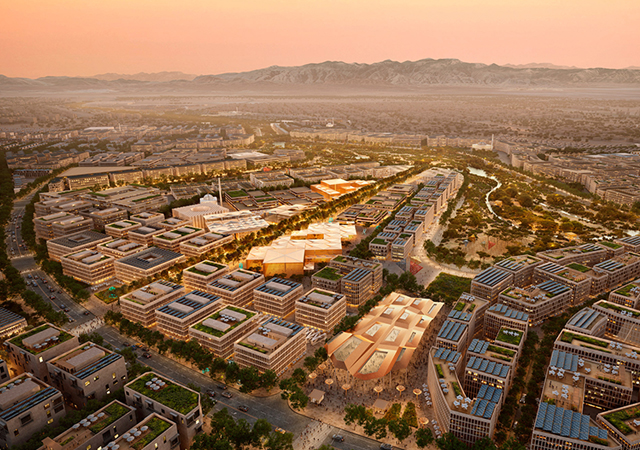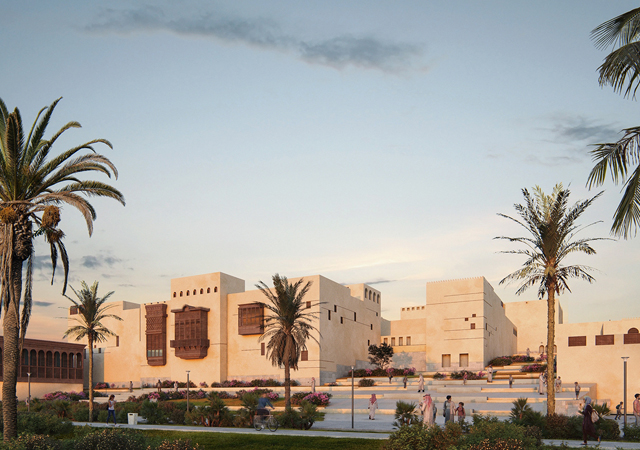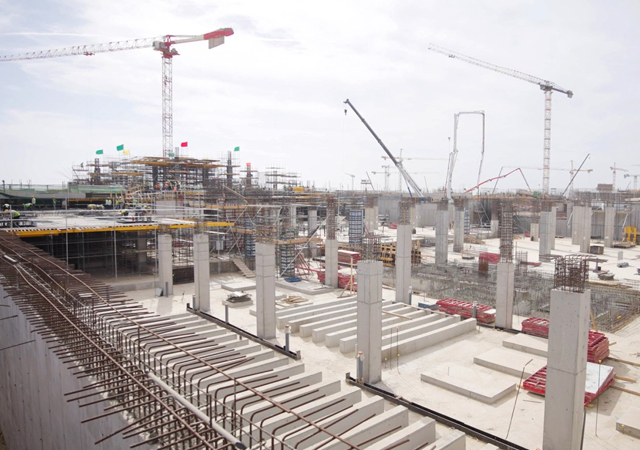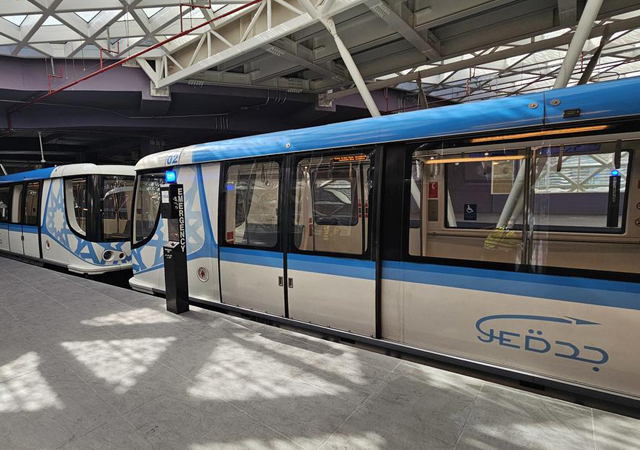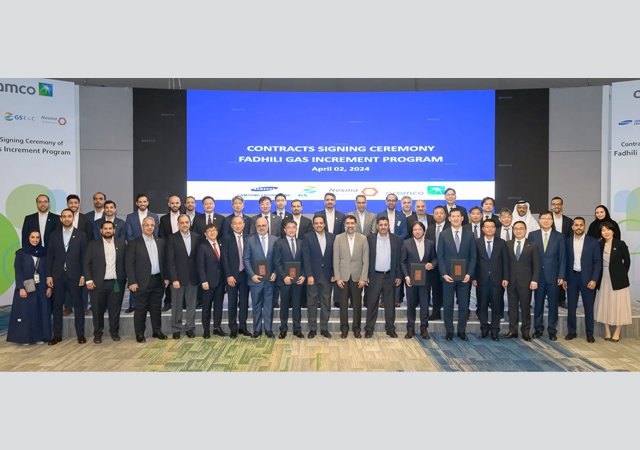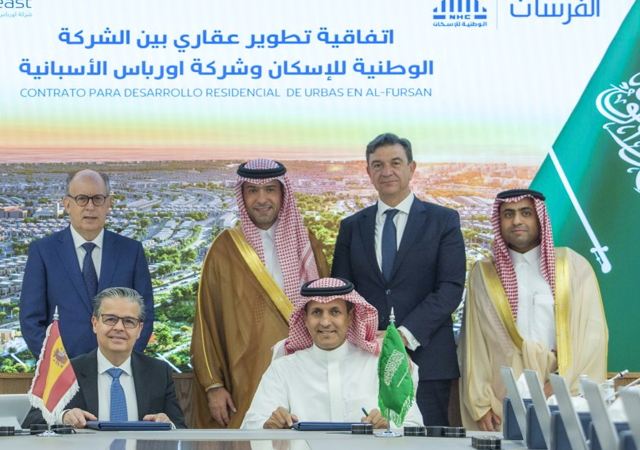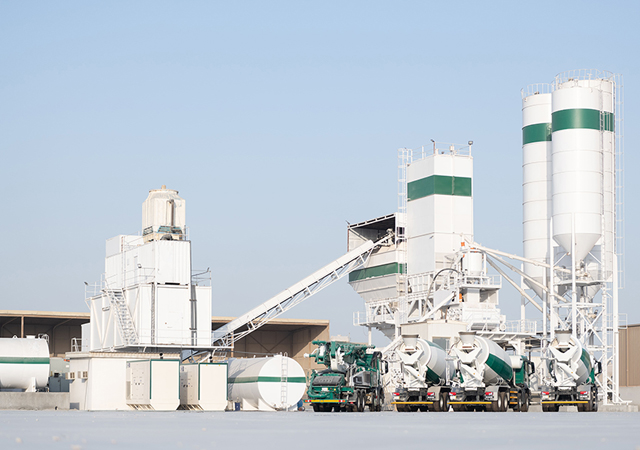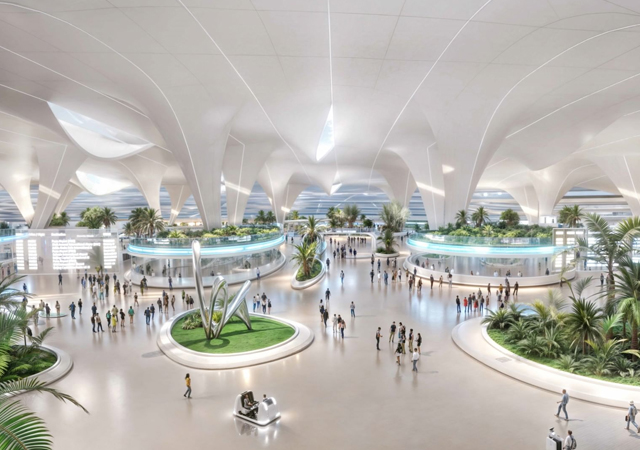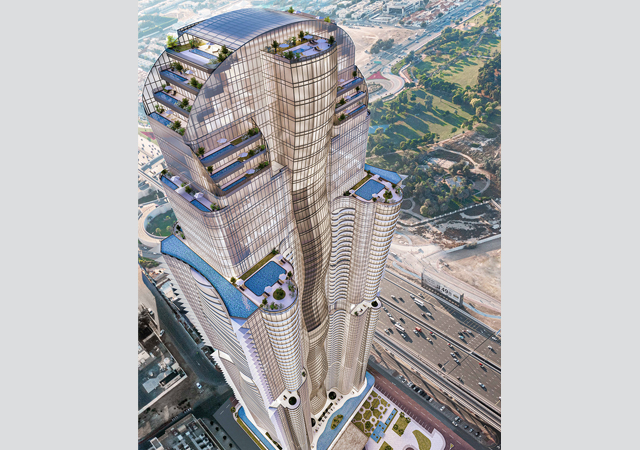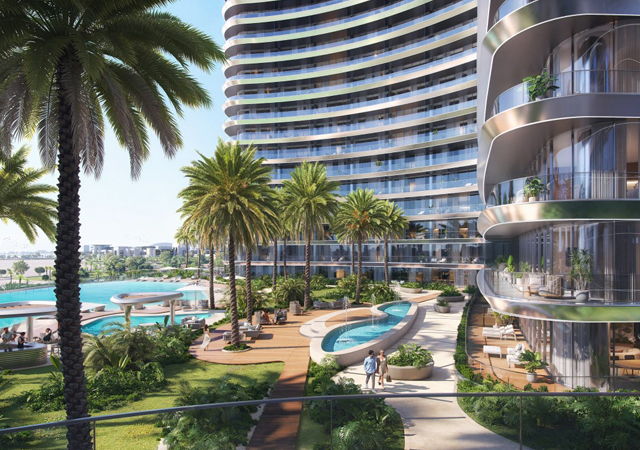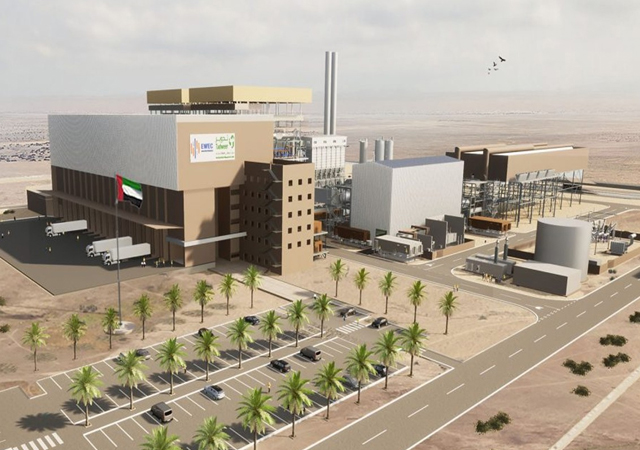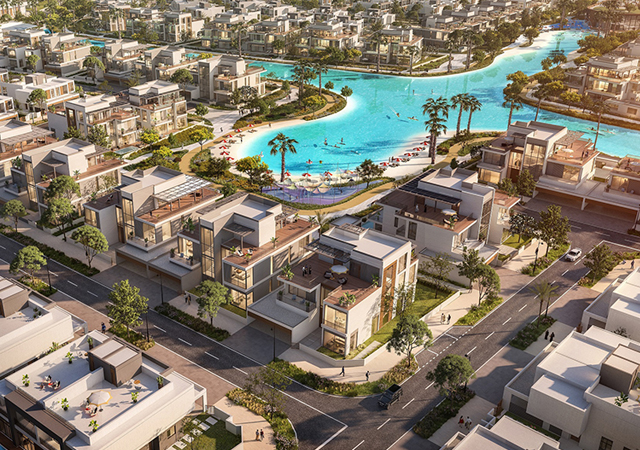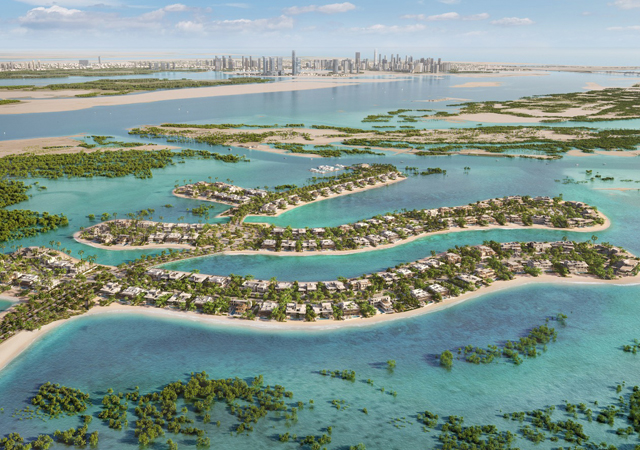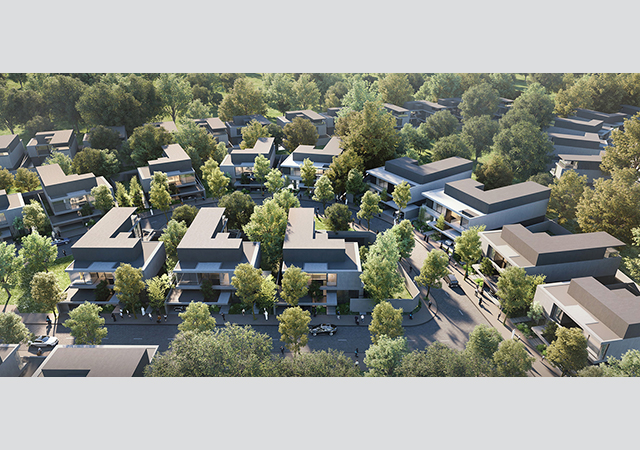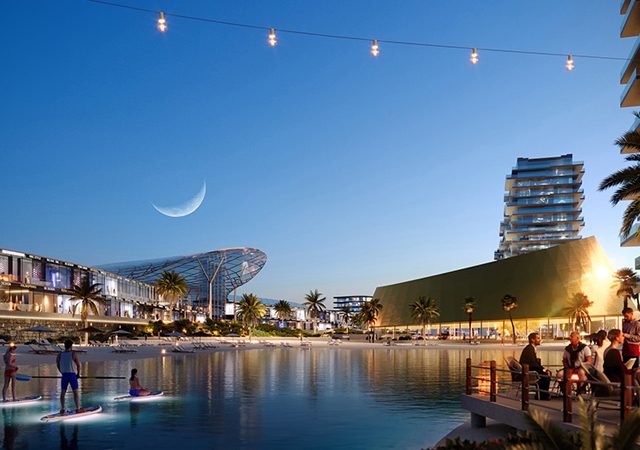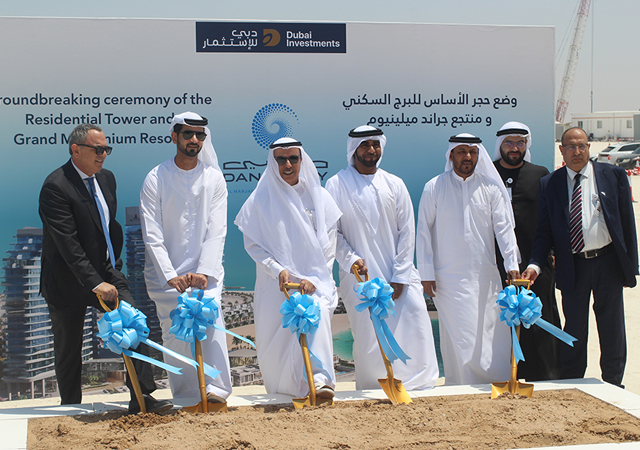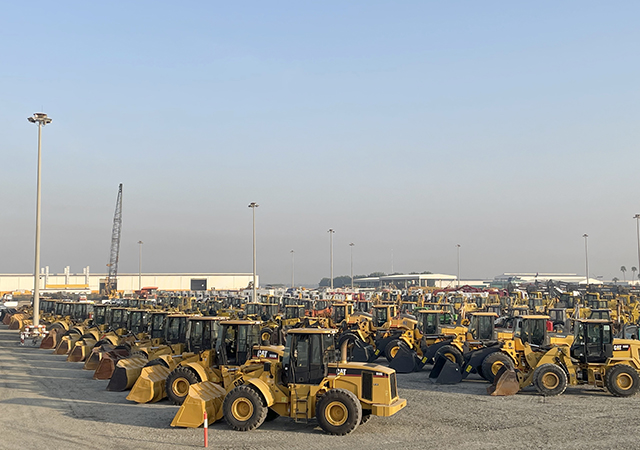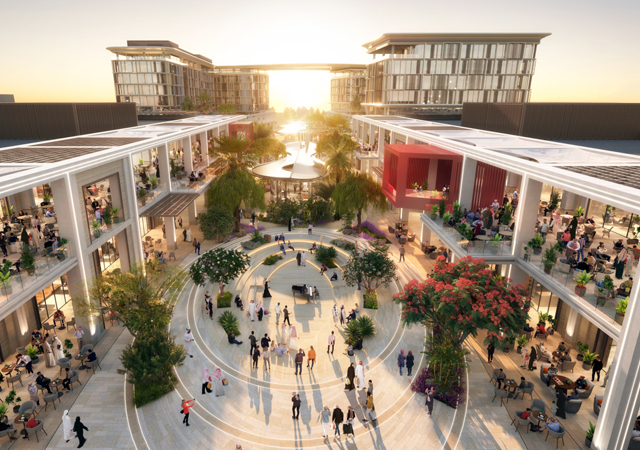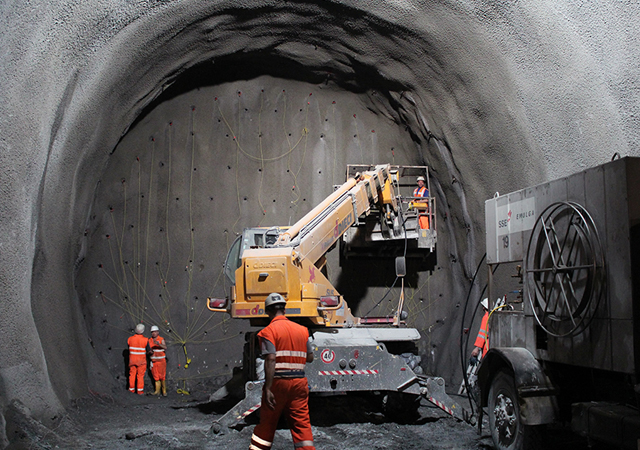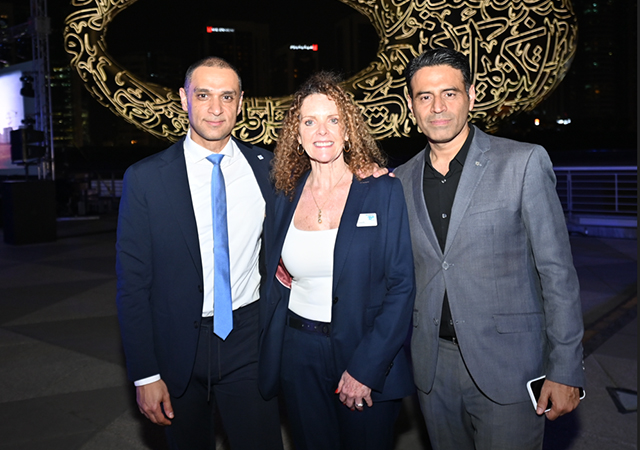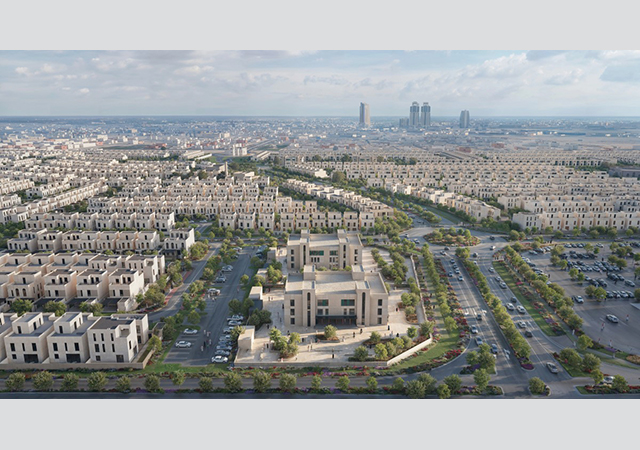
Saudi Arabia is expected to deliver 320,000 new hotel rooms – with a development cost of $37.8 billion – by 2030 as part of its unprecedented investment in infrastructure, tourism transformation and real estate, according to new industry data.
KSA, where tourism spending reached almost $40 billion last year – up nearly 43 per cent on 2022 – aims to more than treble its current number of hotel keys in line with Vision 2030, with a plethora of new hotels, resorts and tourist attractions scheduled to open in the next six years, says leading real estate consultancy Knight Frank, sponsor of the Future Hospitality Summit Saudi Arabia (April 29 to May 1).
Saudi Arabia has surpassed its initial tourism target of 100 million annual visitors seven years ahead of schedule, with 77 million domestic travellers and 27 million international tourists in 2023. The new target is 150 million annual visitors by 2030: 80 million from within the country and 70 million from abroad.
Key to this growth is the substantial influx of visitors from Muslim-majority nations, with Bahrain (2.2 million), Kuwait (1.9 million) and Egypt (1.5 million) emerging as the top three source markets, according to Knight Frank, which said that religious tourism remains the cornerstone of KSA’s tourism strategy.
Some 27 million pilgrims visited the country in 2023 – almost treble the pre-Covid number of 10 million. Around 221,000 new hotel rooms are planned for Makkah and Madinah, to accommodate the influx.
Knight Frank’s analysis shows that 66 per cent of KSA’s existing hotel supply falls into the luxury and upscale categories. By 2030, this segment of the market will expand to 72 per cent, equating to around 251,000 hotel rooms.
According to the World Trade Organisation, these hotels require one to two members of staff per room, which means that 232,000 to 387,000 key workers will need accommodation. In turn, this opens up new opportunities for investment in team member housing.
Riyadh’s winning of the bid to host the 2030 World Expo is expected to inject a substantial economic boost of $94.6 billion into the nation’s capital, with an estimated 40 million visitors expected during the six-month exhibition, and the 2034 FIFA World Cup in KSA promises further momentum for the country’s tourism goals.


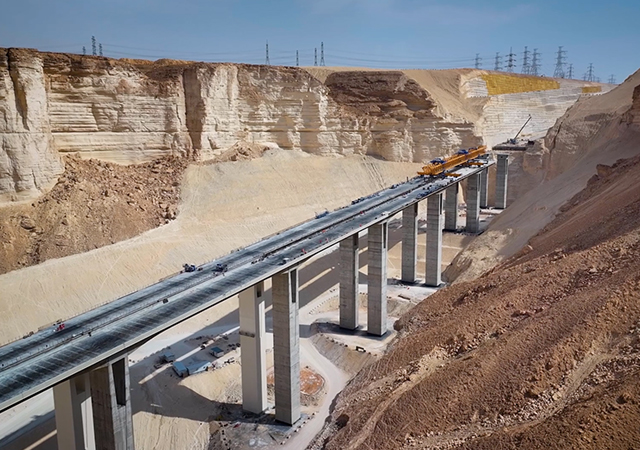
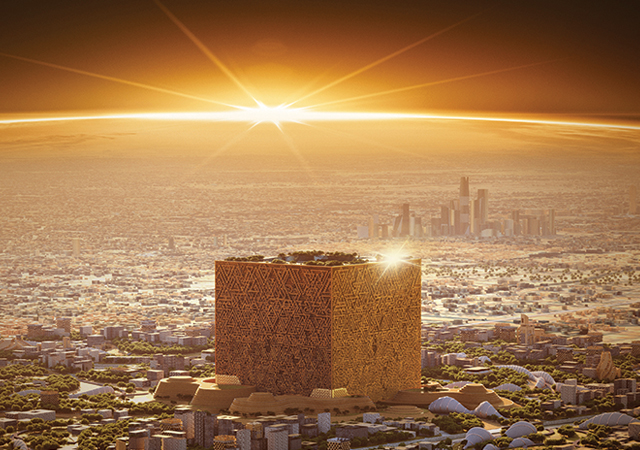
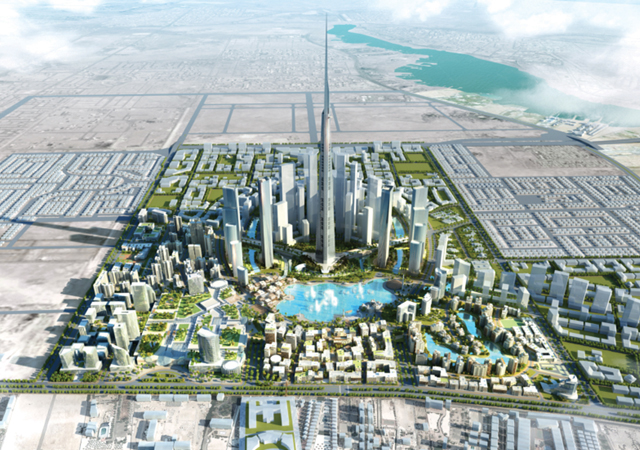
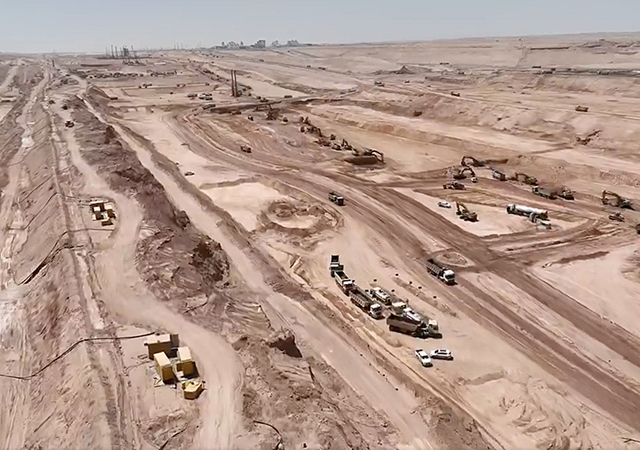
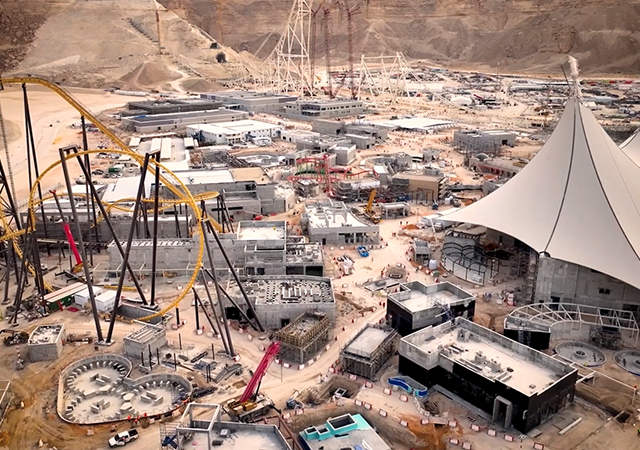
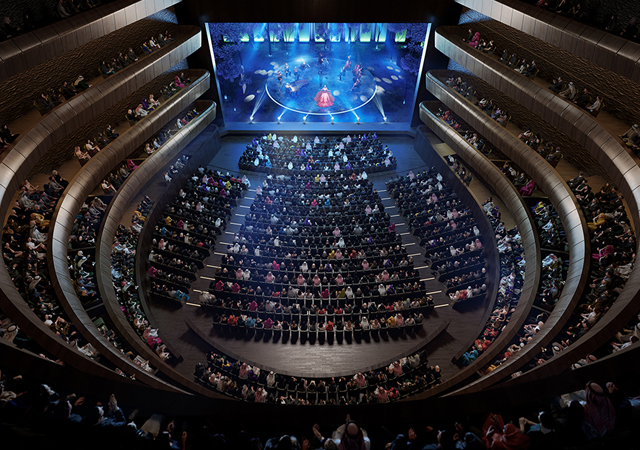
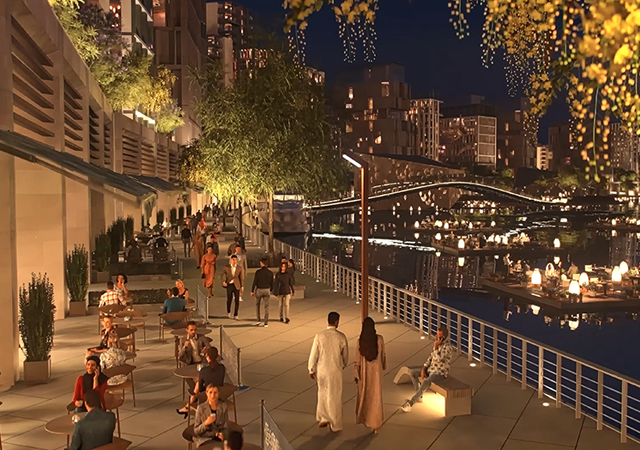
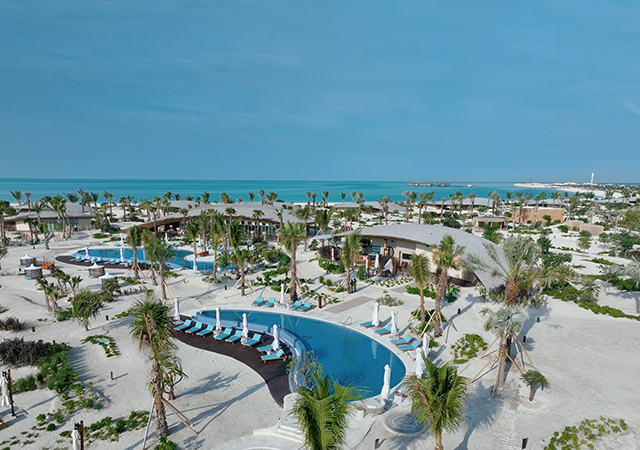
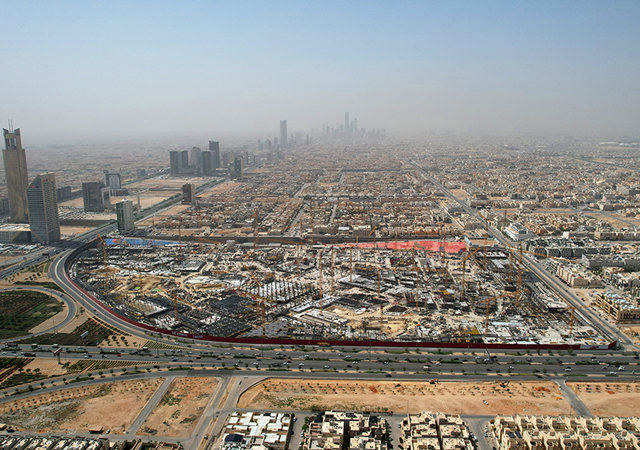
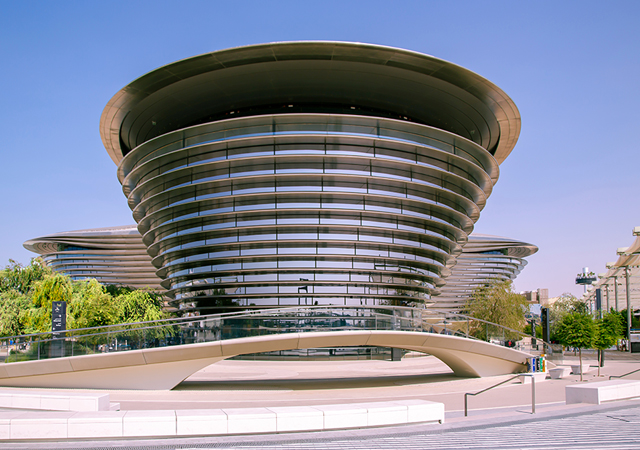

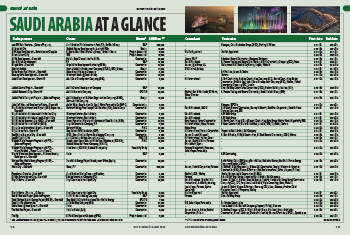
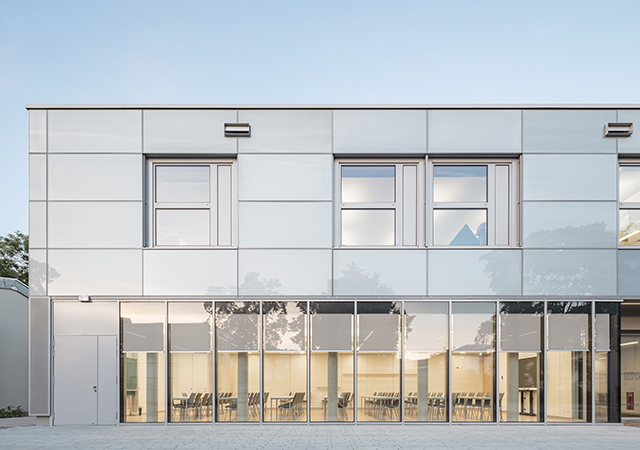



.jpg)
